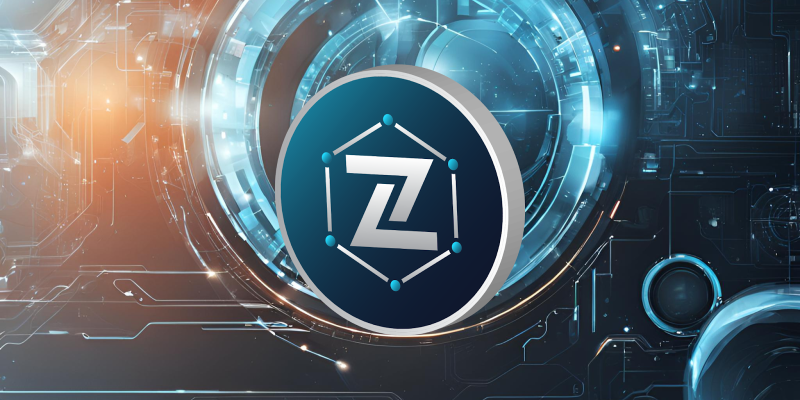Decentralized physical infrastructure networking (DePIN) leverages incentives to foster the development of physical infrastructure, including computer rendering and EV charging. Helium, a leading DePIN provider, offers decentralized wireless networks and 5G connectivity for $20 per month. Helium's unique approach connects providers and receivers, utilizing community-created networks and Helium tokens for compensation.

Decentralized Physical Infrastructure Networking (DePIN) Emerges as a Rapidly Growing Force in Web3
Decentralized physical infrastructure networking (DePIN) has become one of the fastest-growing segments within the Web3 ecosystem, exerting a tangible impact on the physical world. Leveraging incentives, DePIN fosters the provision of infrastructure that spans from computer rendering to electric vehicle (EV) charging.
One notable example is Helium, a decentralized wireless network poised for global expansion. As a mobile network operator, Helium offers a $20 monthly subscription for 5G connectivity through its Helium Mobile network. According to Abhay Kumar, CEO of the Helium Foundation, the network bridges the gap between service providers and end users.
Noah Prince, Head of Protocol Engineering at the Helium Foundation, emphasizes Helium's unique position as a "soft use case" due to its connection to real-world hardware. "You have the 5G network and you have the Internet of Things (IoT) network," Prince explains. Hotspot providers, who share their internet connectivity, receive compensation in Helium's native tokens, incentivizing network expansion.
Scott Sigel, COO of the Helium Foundation, highlights the cost-effectiveness of operating on a community-built network. "The other networks have these huge physical structures and all these overhead costs that make it impossible for them to cut costs on connectivity," Sigel says.
Helium's recent migration to the Solana blockchain has enabled it to offer its unlimited $20 5G cellular connectivity nationwide in the U.S. and expand its services to Mexico in partnership with Telefonica. Additionally, Helium has collaborated with Google to integrate its Pixel 8 smartphone with its Helium-powered hotspot service.
"The token incentives allow us to connect to the real world," Sigel explains, emphasizing the role of blockchain technology in bridging the digital and physical realms. "Solana came in handy because of its speed and upgradeability."
The emergence of DePIN represents a significant shift in the provision of physical infrastructure, empowering individuals and communities to participate in the creation and maintenance of essential services. As the sector continues to grow, it is likely to play an increasingly important role in shaping the future of connectivity and the digital economy.
Disclaimer:info@kdj.com
The information provided is not trading advice. kdj.com does not assume any responsibility for any investments made based on the information provided in this article. Cryptocurrencies are highly volatile and it is highly recommended that you invest with caution after thorough research!
If you believe that the content used on this website infringes your copyright, please contact us immediately (info@kdj.com) and we will delete it promptly.




















































































